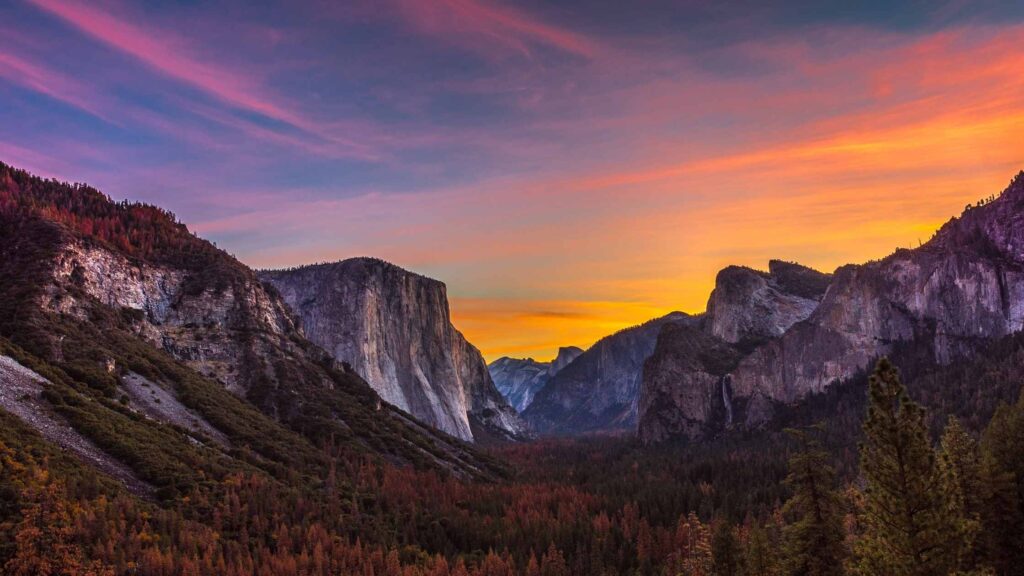Half-masting the American flag is not a Yosemite monopoly. The tradition is centuries old and rooted in mourning and respect codes. The tradition was initiated in Europe, where warships would half-mast their flags in respect after a loss, creating "room at the top" for an invisible flag of death. Early American history borrowed the tradition, and it became an official national symbol of mourning.
Why Yosemite Flies Flags Half-Mast?
Half-mast flags in Yosemite are not an everyday occurrence; they signify some serious events. The following is what causes such an occurrence in Yosemite and across the United States.

1. National Days of Mourning
Yosemite National Park lowers its flags whenever the United States has official mourning days. This is a tradition that usually takes place after the death of a national leader, i.e., a president or other senior officials.
2. Memorial Remembrances
Certain annual observances require flags to be flown half-mast, including Memorial Day. This observance is for the country's military men and women who have passed away defending the United States. During this Memorial Day at Yosemite, one may observe flags going from half-mast to full at noon, by tradition, after a morning of being flown half-mast that honors and remembers.
3. National Tragedies
Flag lowering is usually in response to national tragedies that affect large communities or the U.S. as a whole. These tragedies involve terrorist attacks (such as September 11), school shootings, or natural disasters.
4. Local Yosemite Losses
Though an uncommon occurrence, Yosemite as an institution can also witness the passing of a prominent figure to the park. Whether a veteran park ranger who spent a lifetime preserving the park or a prominent environmentalist associated with Yosemite, local discretion can bring the flag down in respect.
Guest Introspection - Time to Reflect
For those beyond the tradition, half-mast can be a moment to recall the context of the tribute. National mourning transcends politics and background and brings people together in a shared respect for the moment.
At Yosemite, this fusion of patriotism and commemoration gives meaning to a visit. It is a reminder that even in the midst of El Capitan's majesty or the serenity of Mirror Lake, moments of reflection are still needed.
Techniques of Staying Current
Curious why the flag is lowered on your Yosemite trip? The National Park Service (NPS) follows directives from U.S. presidents or state governors in flag-lowering. For answers as to why the flag is lowered on their visit, the public may consult the official Yosemite website or inquiring with park visitor centers.
Also, if you're visiting on a national remembrance day (e.g., Pearl Harbor Day, Patriot Day), you may already be witnessing history in the making—even in the midst of national park beauty.

Yosemite and the Unity Tradition
Few symbols hold as universal a meaning as the flag flown at half-staff. With every instance of its use, it helps reinforce a sense of unity and shared reflection in a multi-culture nation. Yosemite's inclusion in the tradition recognizes those who have contributed to the definition of America and braved its worst.
The next time you see a flag hanging at half-staff in Yosemite, take a moment to honor both the cause why and the eternal landscape that it gazes out upon. Sometimes the greatest bonds are built in the stillness of reverence.
Why We Have Yosemite Flag Half-Masting